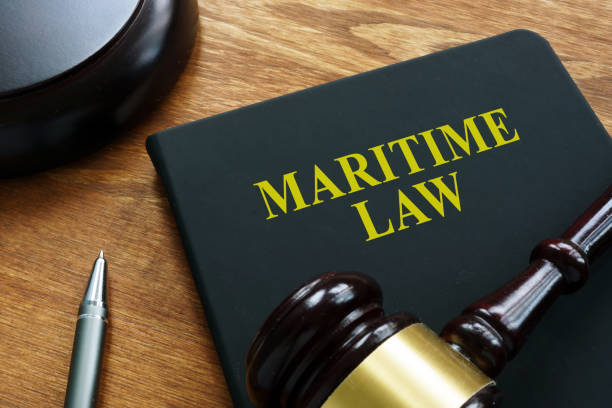
Maritime law, often known as admiralty law, is a corpus of rules, conventions, and treaties that govern private marine enterprise and other nautical problems such as shipping or open-water infractions. Maritime litigation however are the legal disputes and legal actions that pertain to maritime or admiralty law. Maritime law deals with matters related to navigation, shipping, and commerce on the high seas and other navigable waters. It covers a wide range of issues, including shipping contracts, cargo disputes, maritime accidents, salvage operations, and environmental concerns related to maritime activities.
Depending on the jurisdiction and the nature of the issue, maritime litigation may involve a variety of parties, including shipowners, cargo owners, insurers, and governmental entities. It may also be performed in regular courts as part of civil litigation or in specialist admiralty tribunals.
Thought is the wind, knowledge the sail, and mankind the vessel…
The injured crew member must help the attorney in putting together the case and is required to give a deposition after the case is filed.
The case will be filed where the accident happened or where the Defendant has a place of business or the case can also be filed in the State Court that is closest to the Plaintiff's home, where the court can obtain jurisdiction over the Defendant.
Yes, a seaman can sue his employer. The seaman must prove that the employer was negligent or that his co-worker was negligent and that this negligence, at least in part, contributed to his injury.
Common causes of maritime disputes include collisions at sea, cargo damage or loss, breach of maritime contracts, oil spills and pollution incidents, salvage operations, and personal injuries to seafarers.
Chat with Us